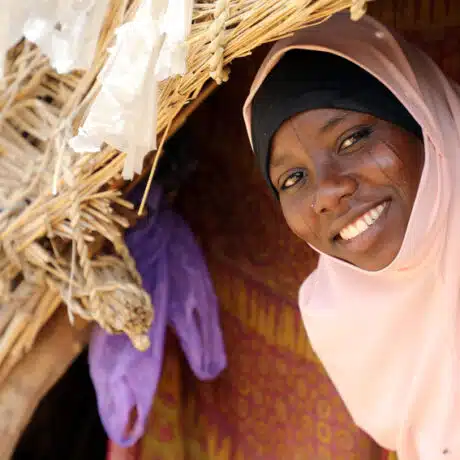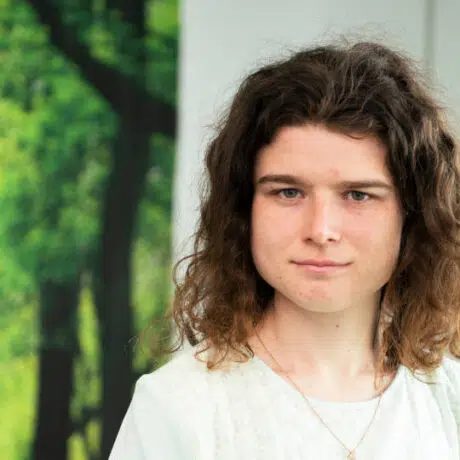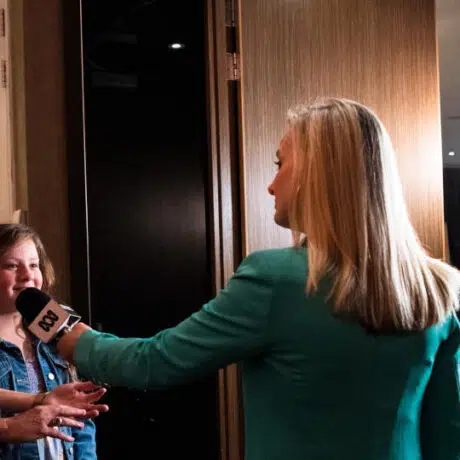News and Stories - Girls Rights - 2 September 2018
Voices from Lake Chad Basin

*Content warning: this post discusses sexual violence.*
“Some adolescent girls are forced to (be in a relationship with a man) in order to survive,” – Mother of a teenage girl, Nigeria.
There is a massive humanitarian crisis unfurling in silence in a little known region called the Lake Chad Basin. It’s been brewing for years and millions of people, particularly girls, are suffering untold cruelty and abuse.
Yet, few of us could point to this place on a map.
You probably know it better as the place where, in 2014, extreme terrorist group Boko Haram snatched 276 Nigerian school girls, enslaving them into a life of servitude and terrifying violence.
This was an act so abhorrent, so shocking, that the world took notice, including then first-lady of the USA Michelle Obama, who became one of the highest profile proponents of the #BringBackOurGirls campaign.
Four years later, most of the “Chibok girls” have been released and the campaign is all but forgotten. But the reality is, for thousands of girls still in the grip of Boko Haram’s reign of terror across the Lake Chad Basin region, the nightmare has not ended.
Plan International and Melbourne’s Monash University have launched a report detailing in depth the suffering girls in the Lake Chad Basin region are enduring.
The research team recently surveyed 449 girls aged between 10 and 19 living in Cameroon, Niger and Nigeria caught up in this sprawling crisis.
They found:
- Half the girls had endured a serious injury or illness in the past month
- One in five had been beaten in the past month: 60% of these incidents took place within the home
- Half of those living in Niger were already married, the average age of marriage was 14. One in five girls in Niger had been pregnant.
- One in three had never attended school, most commonly because they were forced to do housework
- Food shortages are widespread, with 60% of girls reporting going to bed hungry due to lack of food.
The girls’ stories all carry a theme of unrelenting fear and sadness suffered over many years of violent conflict and neglect. They describe the ever-present threat of attacks and kidnap by armed insurgents, rape and sexual violence on the streets and in their homes.
The girls who are suffering in this crisis do not need a high profile social media campaign. What these girls need is a fully-funded, coordinated, humanitarian response that acknowledges that they are the most vulnerable victims caught up in this chaos.
We are calling on governments and donors to urgently prioritise funding that will protect girls caught up in the crisis from further harm. You can support our work by donating today.




